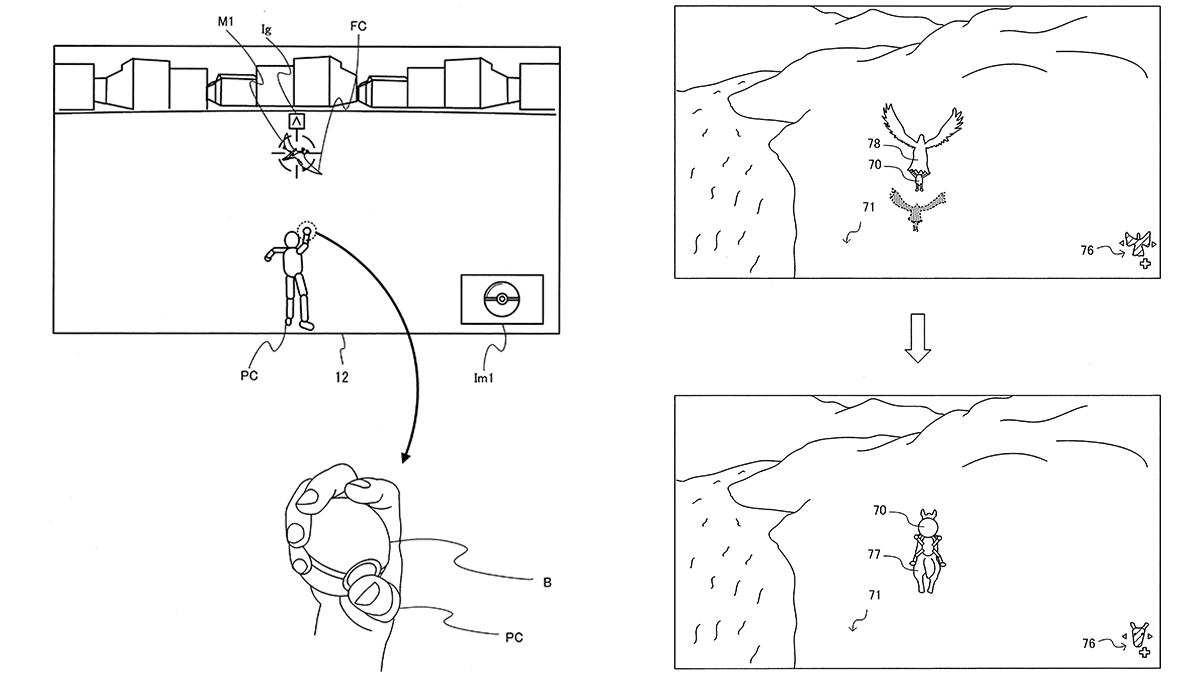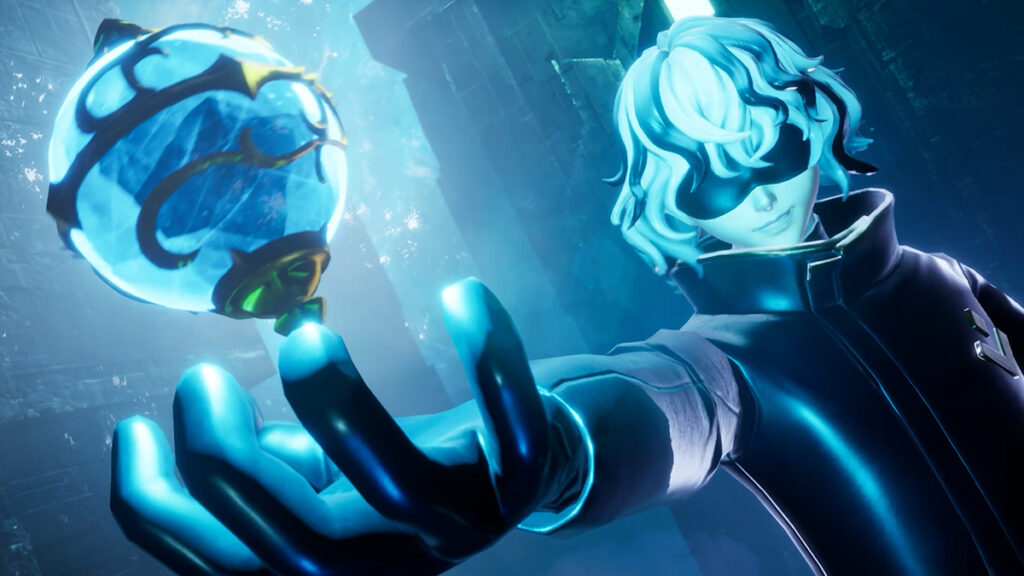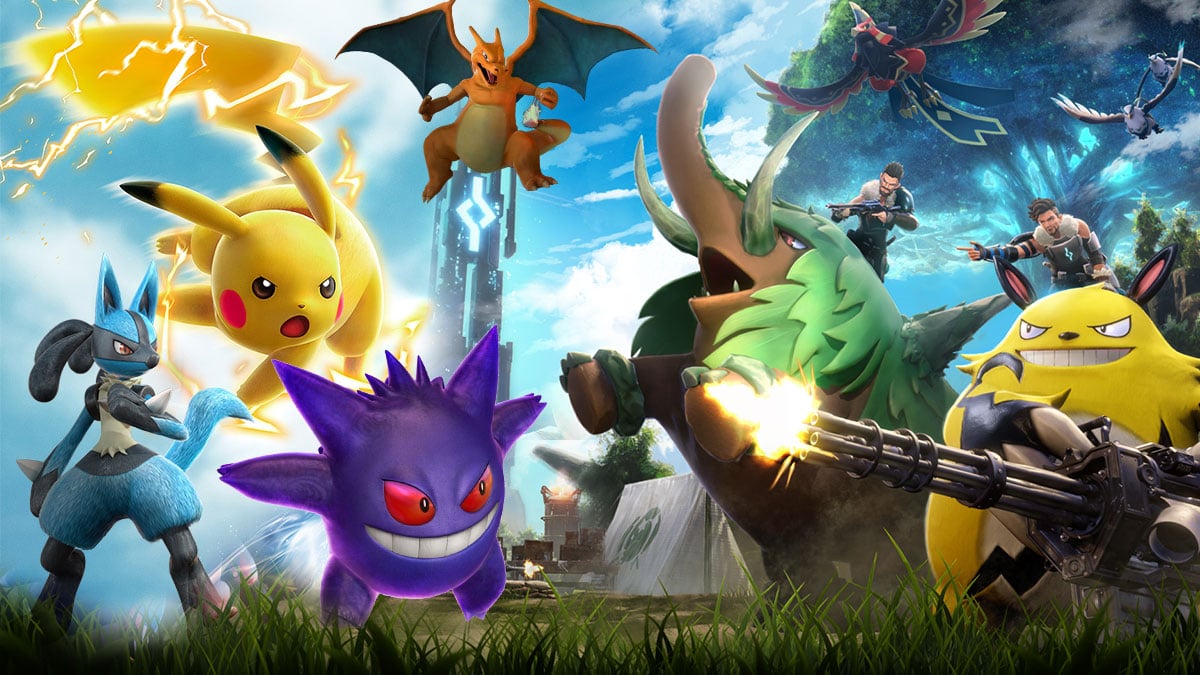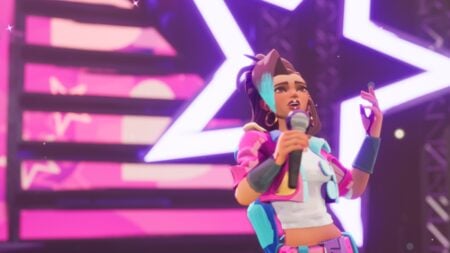After two months of radio silence, Palworld developer Pocketpair revealed that the Nintendo and The Pokemon Company lawsuit encompasses three patent infringements. As one can suspect, they are all related to how various Pokemon games published by the company under the sun work. Nintendo’s legal team seeks 10 million Yen or around $66,000, along with late payment damages, a hefty demand for a small indie studio like Pocketpair.
Before today’s announcement, most internet sleuths assume the Mario maker is suing the company for the catching-Pokemon-with-Pokeballs mechanic. Well, they couldn’t be more right. At the core of the Palworld Pocketpair lawsuit is the so-called Patent JP7545191B1 filed by Nintendo, one that many fans suspected from the beginning.
This patent claims Nintendo invented the entire concept of ‘capturing creatures’ with an item and then using them in battles against others. But that’s not all, as the patent also encompasses other features, like:
- Using your creature to interact with objects in the world such as breaking boxes.
- Progression-based systems tied to creature variants, think of the Research Tasks in Pokemon Legends: Arceus.

Then there’s patent JP7528390B2, which covers the game’s automatic mounting mechanic. Essentially, Nintendo claims ownership of the concept of automatically mounting a creature or vehicle when a character enters specific terrain types.
The patent shows an image of transitions from an aerial mount to a ground one upon landing, like in Legends: Arceus and Scarlet and Violet. Some could argue that you have to manually mount your Palworld Pals but it might also include double-tapping button to deploy the Glider.
Lastly, Palworld and Nintendo lawsuit includes the patent 7528390, detailing the calculations and visual feedback for the capture mechanics, including various UI elements that convey the success rate, from probability meters to controller feedback and rumble.
Funnily enough, we think this could benefit Nintendo one way or the other — whether it loses or wins. If Nintendo wins, obviously the patents for the mechanics are legally owned by the company. But if they lose, the case can be used as a precedent for Nintendo to defend itself against similar claims from patent trolls in the future.








